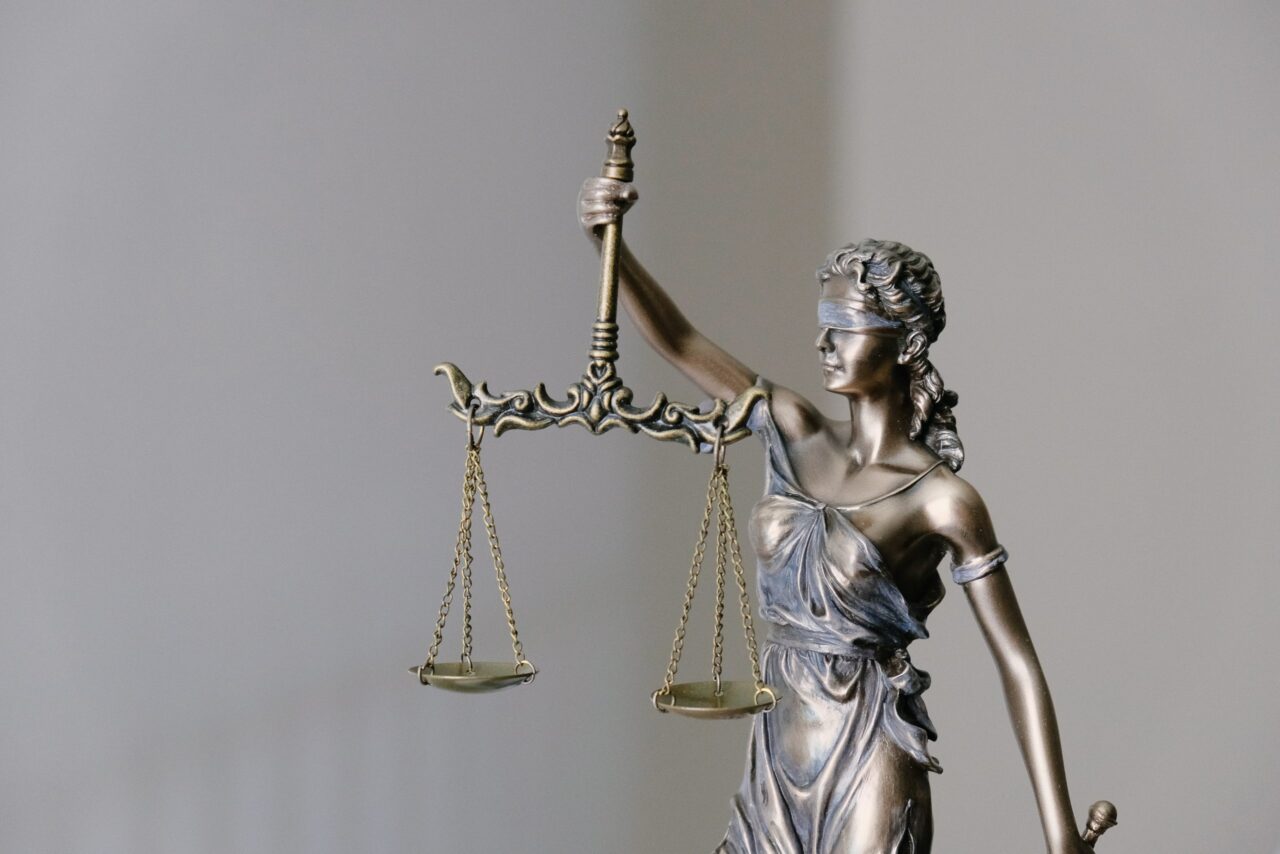A critical or even a harsh statement pertaining to religion or religious beliefs coming from a rationalist or a reformist or an academic or an artist would stand on a different footing altogether. The shield of fundamental right guaranteed under the Constitution under Article 19(1)(a) would be available to them. These were observed by the bench of Honourable Mr. Justice G. R. Swaminathan in the case of Fr. P. George Ponnaiah v. The Inspector of Police & Ors. ( Crl MP(MD)No.5632 of 2021)
The crux of the case is petitioner herein is an ordained Catholic diocesan priest. A meeting was organized at Arumanai, a village in western Kanyakumari District, on 18th July 2021 protesting the continued closure of churches in the District owing to pandemic-induced lockdown. The entire speech was video recorded and widely circulated in the social media. In the said video, the petitioner is seen and heard claiming that the network of Catholic priests was tapped by him and his associates to canvass votes in favour of the Dravida Munnetra Kazhagam which won the recently concluded Tamil Nadu Legislative Assembly election. He mocked the Hon’ble Prime Minister, Minister for Hindu Religious and Charitable Endowments Department in the speech. The speech which went viral provoked considerable public outcry. The first respondent belatedly registered Crime No.377 of 2021 against the petitioner and another for the offences under Sections 143, 153A, 295A, 505(2), 506(1) and 269 of IPC and Section 3 of the Epidemic Diseases Act, 1897.
The learned counsel appearing for the petitioner at the outset pointed out that the petitioner had circulated a video expressing his regret and clarifying that his words were not intended to hurt the religious sentiments of the Hindus. He submitted that the offending speech must be read in its entirety. He added that Bharat Mata and Bhuma Devi are not legal entities. He relied on the decisions of Bijoe Emmanuel and others v. State of Kerala and ors(1971 Crl.LJ 1773) , Lalai Singh Yadav and anr vs. State of U.P (1971 Crl.LJ 1773)
The learned counsel appearing for one of the intervenors quoted the words by Lord Steyn in R v. Secretary of State for the Home Department, Ex parte SIMMS and another, ((1999) 3 WLR 328) “the value of free speech in a particular case must be measured in specifics. Not all types of speech have an equal value” One cannot be permitted to give vent to hate speech. He drew the court’s attention to the recent decision of the Hon’ble Apex Court in Amish Devgan v. UOI ((2021) 1 SCC 1). The court defined hate speech as a form of expression through which the speaker primarily intends to vilify, humiliate or incite hatred against the targets. Its content has more to do with the expression, language and message which should be to vilify, demean and incite psychosocial hatred or physical violence against the target group. He submitted that applying the aforesaid yardstick, the speech in question would qualify as hate speech and hence, not entitled to protection under Article 19(1)(a) of the Constitution.
The bench of Honourable Mr.Justice G.R.Swaminathan observed and stated in the case that “The persons concerned voice their opinions or give vent to their expressions in their capacity as satirists. On the other hand, an evangelist like the petitioner cannot claim a similar privilege. He cannot insult or outrage others’ religion or their religious beliefs and still claim immunity from the application of Section 295A/153A/505(2) of IPC. This is because he views the other religionists as a constituency to be poached. He cannot be called a disinterested or neutral commentator. The targeted religionists are bound to take offence as they fear potential harm to their interests and well-being. In such an ambience, the Newton’s third law, “every action has an equal and opposite reaction”, may start operating. The State cannot remain a mute spectator in such situations. To uphold the sanctity of the Constitution and maintain public order, the strong arm of law will have to come down heavily on those who seek to disrupt communal peace and amity. The offending speech of the petitioner prima facie attracts the offences under Sections 153A, 295A and 505(2) of IPC. However, the offences under Section 143, 269 and 506(1) of IPC and Section 3 of Epidemic Diseases Act, 1897 are not made out. The impugned FIR is quashed to this limited extent as far as the petitioner is concerned. This criminal original petition is partly allowed. Connected miscellaneous petition is closed.”
Click here to read the judgement
Judgement reviewed by Himanshu Ranjan


